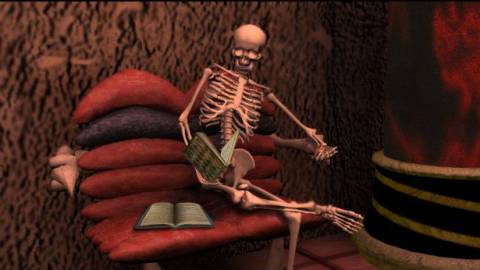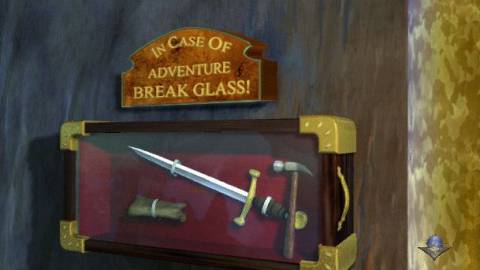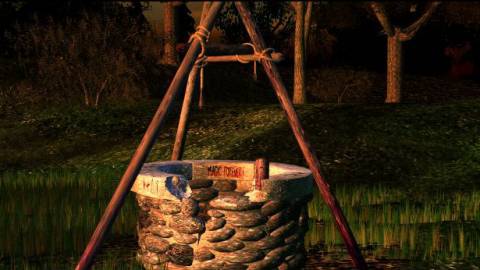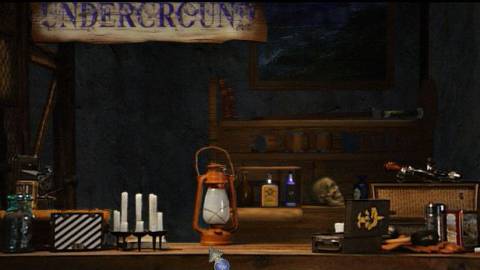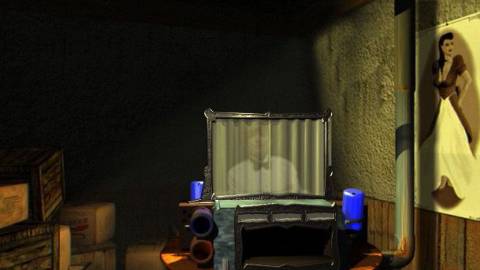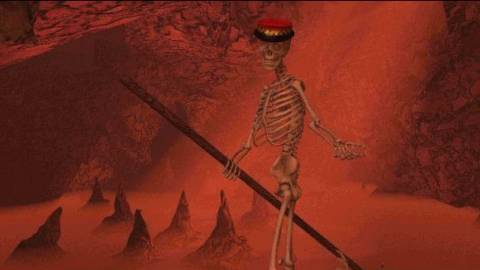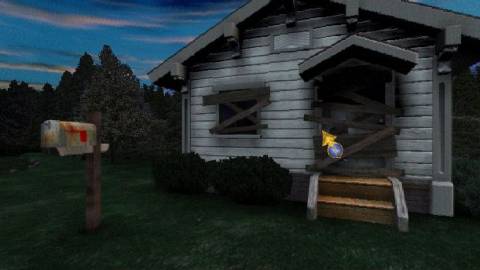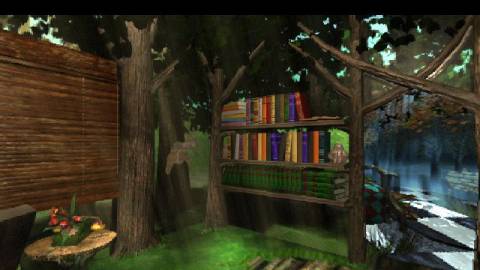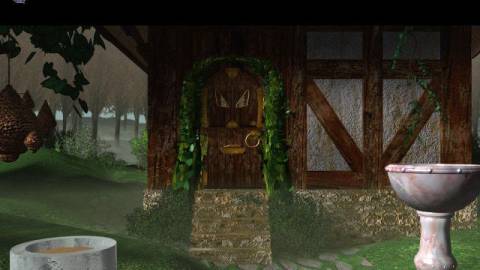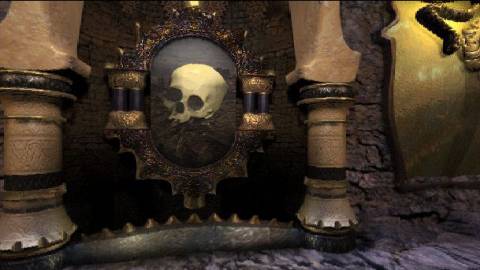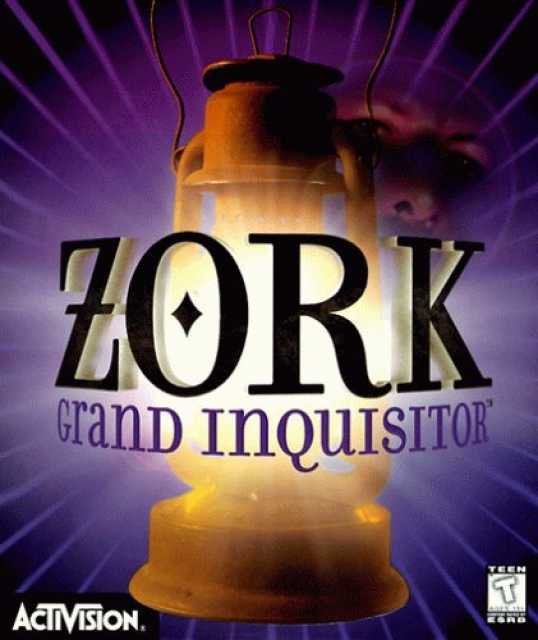Overview
Released in 1997 by Activision, Zork Grand Inquisitor is a traditional point-and-click adventure game for the PC. Playing as an unknown adventurer in the second person, users cast spells, interact with objects, and collect items amidst a 360 degree viewing engine that allows players to look around freely within the game (known as Z-vision). The game humorously plays on the clichéd styles of the numerous adventure games of the 1990s with self-mocking and satirical undertones. For instance at the beginning of the game, the player comes across a tattered scroll and a sword inside a wall-mounted glass case marked: "In case of adventure, break glass!"
Plot
Set in 1067 GUE, between the events of Zork: Nemesis and Zork: The Undiscovered Underground, the Grand Inquisitor (Mir Yannick) has banned magic from The Great Underground Empire which he now rules. Anyone caught in the act of magic or anything similar is punished by "Totemization" courtesy of Frobozz Electric. The only way to restore magic to the kingdom is to find three hidden artifacts - The Skull of Yoruk, The Coconut of Quendor and The Cube of Foundation.
The player, known as AFGNCAAP (Ageless, Faceless, Gender-Neutral, Culturally-Ambiguous Adventure Person) comes across the Dungeon Master Dalboz, a magic-school rival of The Grand Inquisitor who has been condemned to live the rest of eternity inside a lamp.
With the Dungeon Master at his side, the player travels throughout the Underground Empire's many locations, such as Hades, Flood Control Dam #3 and The Dungeon Master's Lair in an attempt to find the three missing artifacts and bring about the fall of the Inquisition.
Gameplay
Control is primarily via mouse input, which is similar to the two previous games, Zork Nemesis and Return to Zork. This is different to the text adventure Zork games from the 1970s and 1980s.

 Mac
Mac PC
PC


